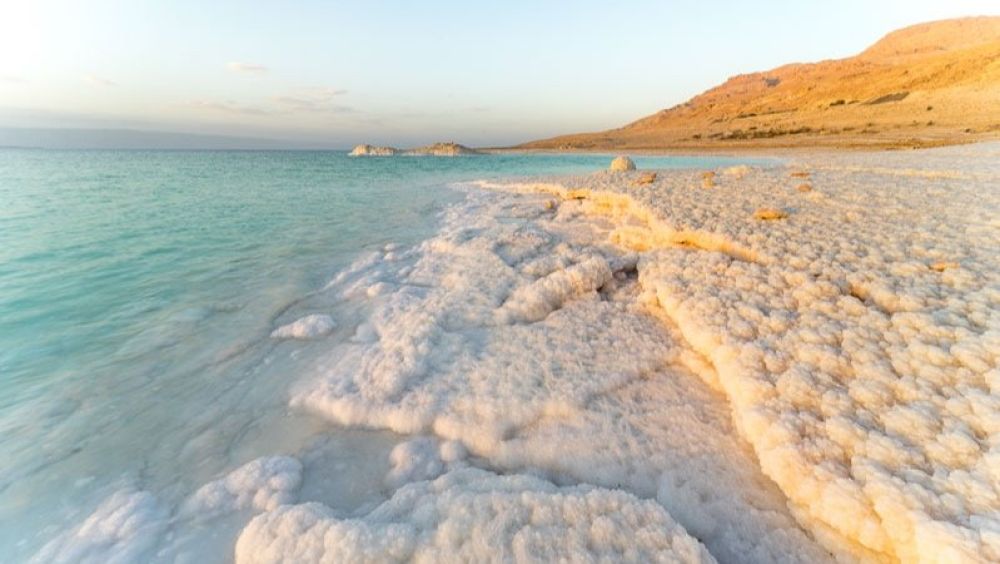

The Dead Sea, bordering Jordan, Israel, and Palestine, is a remarkable natural wonder that has attracted visitors for its therapeutic properties, unique geographical features, and historical significance. Known for being one of the saltiest bodies of water in the world and the lowest point on Earth's surface, the Dead Sea has a rich history in the realm of tourism that dates back thousands of years.
The area around the Dead Sea has been a place of refuge and resource since ancient times. The famous historical figure, King Herod the Great, was known to have visited the Dead Sea region, seeking rejuvenation in what can be considered one of the first spa experiences. Later on, during Roman times, the Dead Sea's minerals were highly prized for their health benefits.
In the 19th and early 20th centuries, European explorers and scientists began to study the Dead Sea in depth, contributing to its allure and mystery. These explorations, coupled with the tales of its therapeutic mud and mineral-rich waters, began to attract an international crowd looking for healing and relaxation, helping to kick-start modern tourism in the area.
The establishment of Israel in 1948 and the development of the Jordanian state contributed to an increase in the accessibility of the Dead Sea. The construction of roads, hotels, and health resorts on both sides of the sea facilitated and encouraged tourism. The 1960s and 1970s saw a boom in the development of hotel and spa facilities, marketing the Dead Sea's unique properties to a global audience.
Today, the Dead Sea continues to be a popular destination for health and wellness tourism. Visitors come for the mud treatments, mineral baths, and the buoyant waters where one can float effortlessly due to the high salinity. Eco-tourism has been rising, focusing on the preservation of this natural wonder amidst environmental concerns such as water levels receding.
In recent years, there has been a digital shift in tourism, with virtual experiences and online booking becoming increasingly important. Moreover, niche markets like adventure tourism, gastronomy tourism, and cultural tourism are gaining popularity among tourists seeking more than just a traditional beach holiday.
The Dead Sea region faces environmental challenges which impact tourism, such as sinkholes due to receding waters and mineral extraction. Efforts are being made by both governmental and non-governmental organizations to develop sustainable tourism practices that will ensure the long-term preservation of this unique natural resource.
Looking into the future, the Dead Sea area is likely to continue to adapt and evolve in response to global trends, focusing on sustainability and experiences that are respectful of the local environment and community. Continuous development in the wellness and medical tourism sectors is expected, with cutting-edge treatments and facilities that make use of the Dead Sea's natural assets.
With its unmatched historical and natural significance, the Dead Sea remains one of the most captivating destinations on the Earth. Its story, deeply rooted in the past, continues to unfold, promising visitors a blend of relaxation, healing, and the timeless allure of a landscape unlike any other.